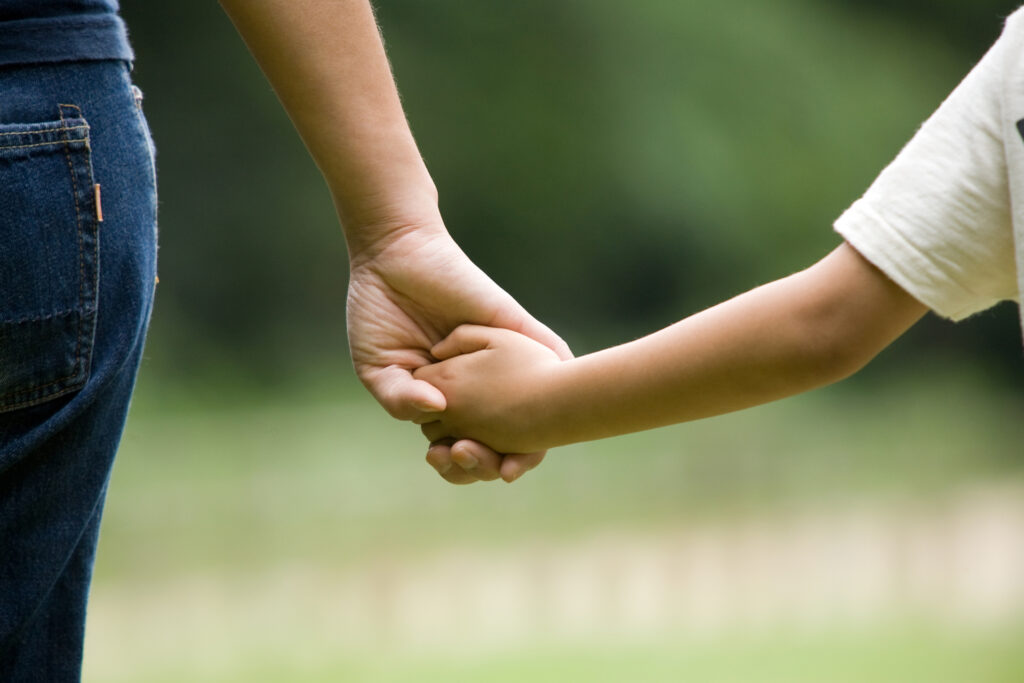The Different Types of Child Custody, Explained
Child-related matters can be challenging to navigate, especially when they involve where your child will live and which parent controls decision-making. Determinations made during these matters can have a lifelong impact on your child and, therefore, require much care and consideration.
It’s important to understand what child custody entails and the different types there are. A child custody attorney can handle your matter on your behalf, helping you understand what custody is and how it could affect you and your children.
Child Custody Has Several Different Meanings
Child custody is not “one-size-fits-all.” Instead, when deciding custody, it’s necessary to consider the situation and how the different types of custody and custody arrangements could impact your child and their future.
“Custody” Explained
When you think of child custody, you may immediately think about which parent has the child. While this is part of it, this is just one type of custody.
Physical custody is the type of custody most think of, which relates to where the child lives. When a parent has child custody, it means they are entitled to physically have the child live with them.
Additionally, there is legal custody. Legal custody refers to the right to make critical decisions for a child’s life. When a parent has legal custody, they have the power to make necessary decisions that impact the child, including those having to do with:
- Medical care
- Education
- Religion
- Extra-curricular activities
The court may award both parents physical and legal custody – but in some cases, only one parent has both types of custody over their child.
Types of Child Custody Arrangements
Child custody arrangements determine which parent has custody and how much each parent has, if any. Generally, one parent may have sole custody, or both parents may be awarded joint custody.
Sole custody, as the name indicates, gives one parent custody of their child. If a parent is awarded sole custody, it means they have both physical and legal custody.
Joint custody, also called shared custody, gives both parents physical and legal rights over their children. While this type of custody is often called “50/50 custody,” it does not mean parents always have perfectly split time. The way parents share their time depends on the circumstances.
What About Visitation?
Visitation, or “parenting time,” may be granted to a parent who does not have physical custody (called the noncustodial parent) unless the court has deemed them unfit. Based on the situation, visitation may be supervised or unsupervised.
Supervised visitation gives the noncustodial parent limited time with their child under the supervision of an approved individual or at a visitation center. Unsupervised visitation allows the parent time with their child without any supervision.
Parents do not automatically have the right to visitation with their child — a judge decides whether a parent is awarded visitation.
How Is Child Custody Determined?
Child custody determinations may be made between parents or with legal involvement by a family court judge.
Depending on the situation, parents can work together to create a parenting plan that includes custody details. Sometimes, enlisting the help of a neutral mediator can assist in resolving this issue. The parents’ proposed agreement is submitted to the court for approval.
When parents are unable to collaborate, a judge may step in and make decisions. Judges thoroughly consider several factors when making their decision to help ensure they do what is in the child’s best interests.
Getting Help With Your Child Custody Matter
Handling a child custody case can be mentally and emotionally challenging, especially if you’re in the midst of a divorce. Fortunately, you don’t have to do it alone.
Having a child custody lawyer assist you with your case can lighten the burden on you and help ensure you reach the most favorable result for yourself and your children.
Contact an Experienced Child Custody Attorney at Minor Law Divorce Lawyers for Legal Advice
To learn more and get the help you deserve, call our divorce & family law firm Minor Law Divorce Lawyers in Rock Hill, SC at (803) 504-0971 or contact us online today.
You can also visit our law firm at 1273 Ebenezer Rd, Suite B, Rock Hill, SC 29732.
We serve throughout York County.



